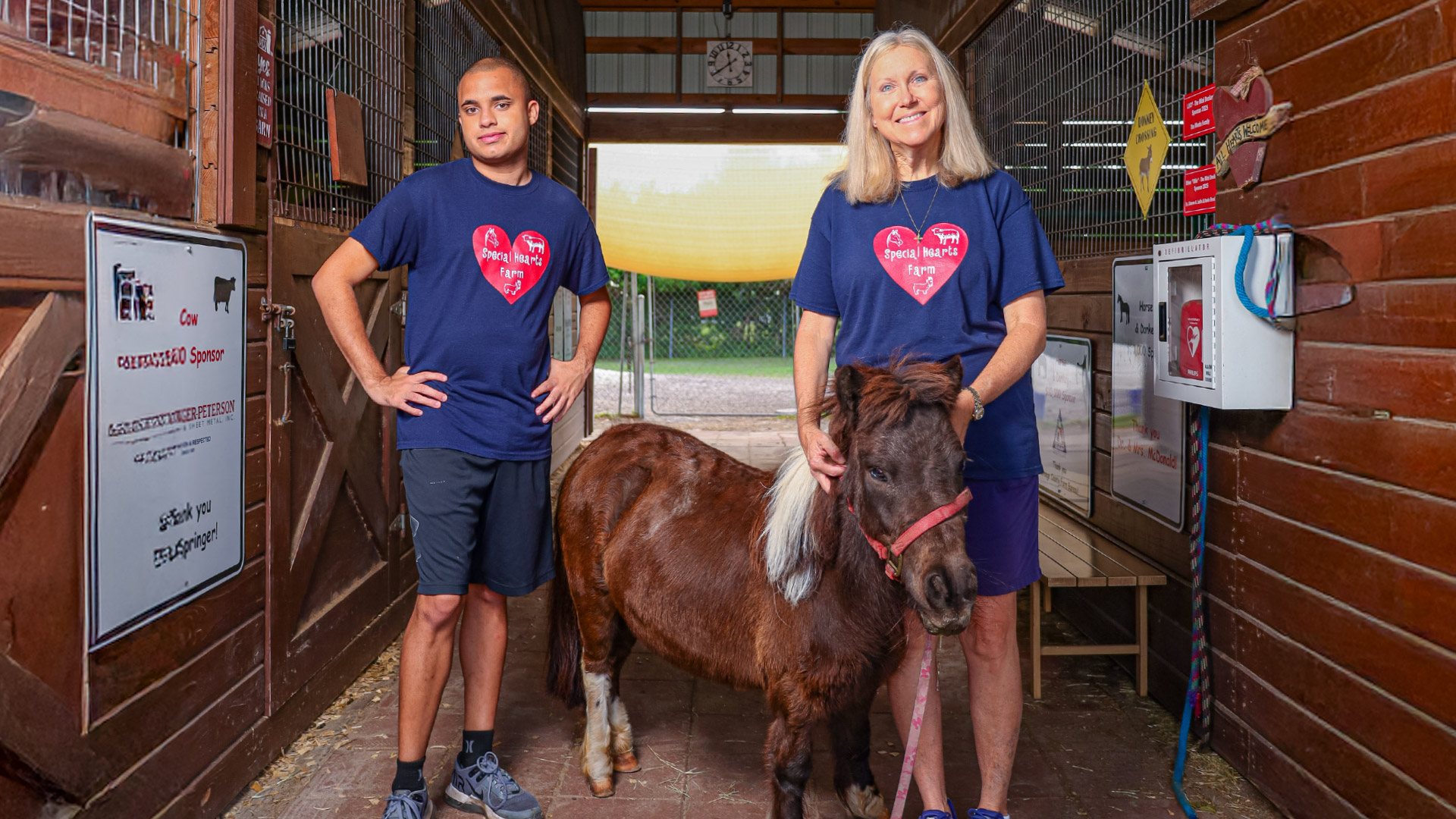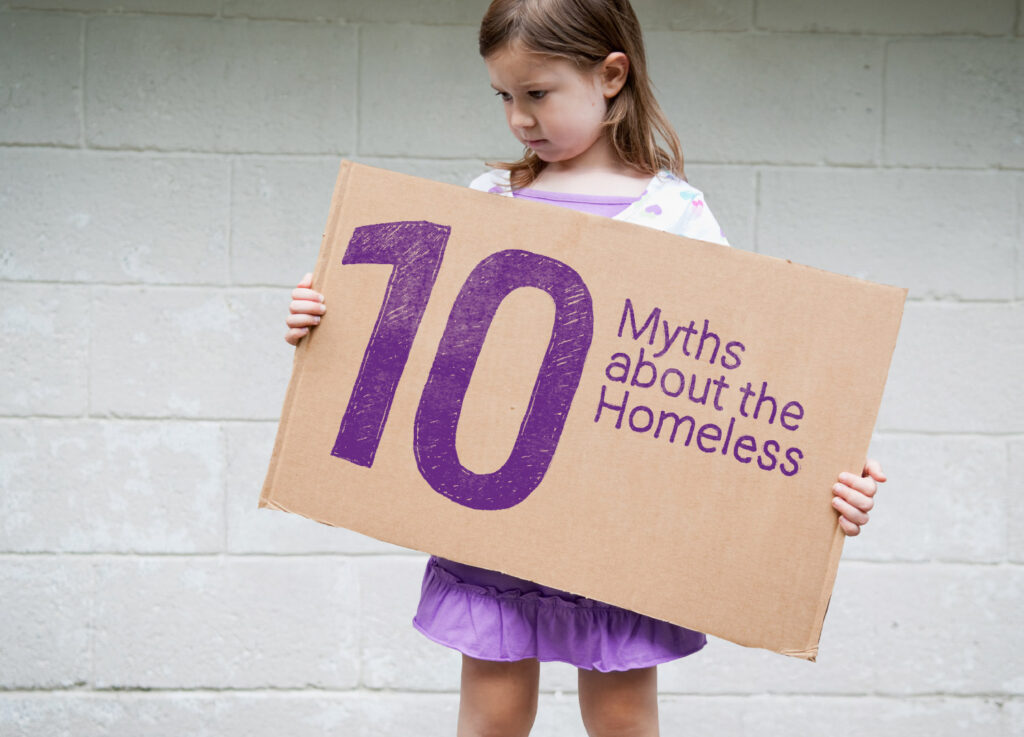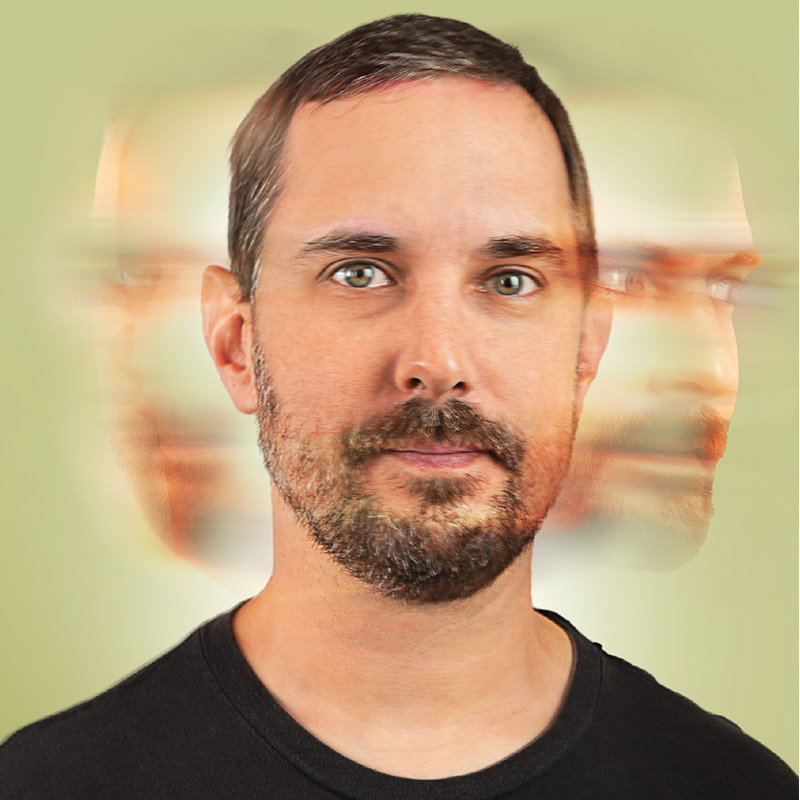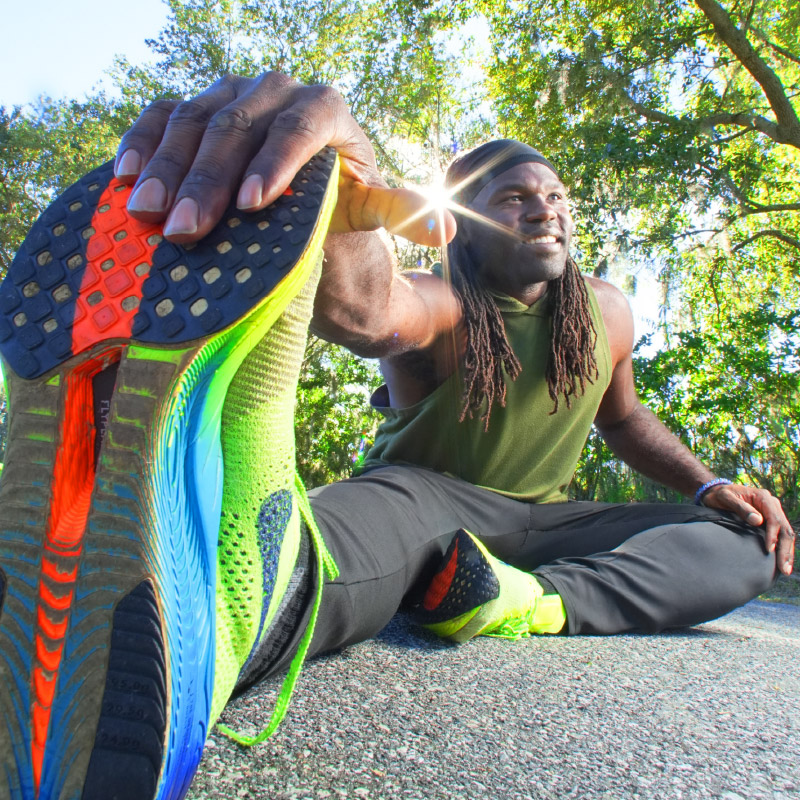Victor(y)
From medals to mischief, the Wrights have spent years building a life where Victor thrives, surrounded by friends, purpose, and a community that cheers him on.
- Heather Anne Lee
- Fred Lopez
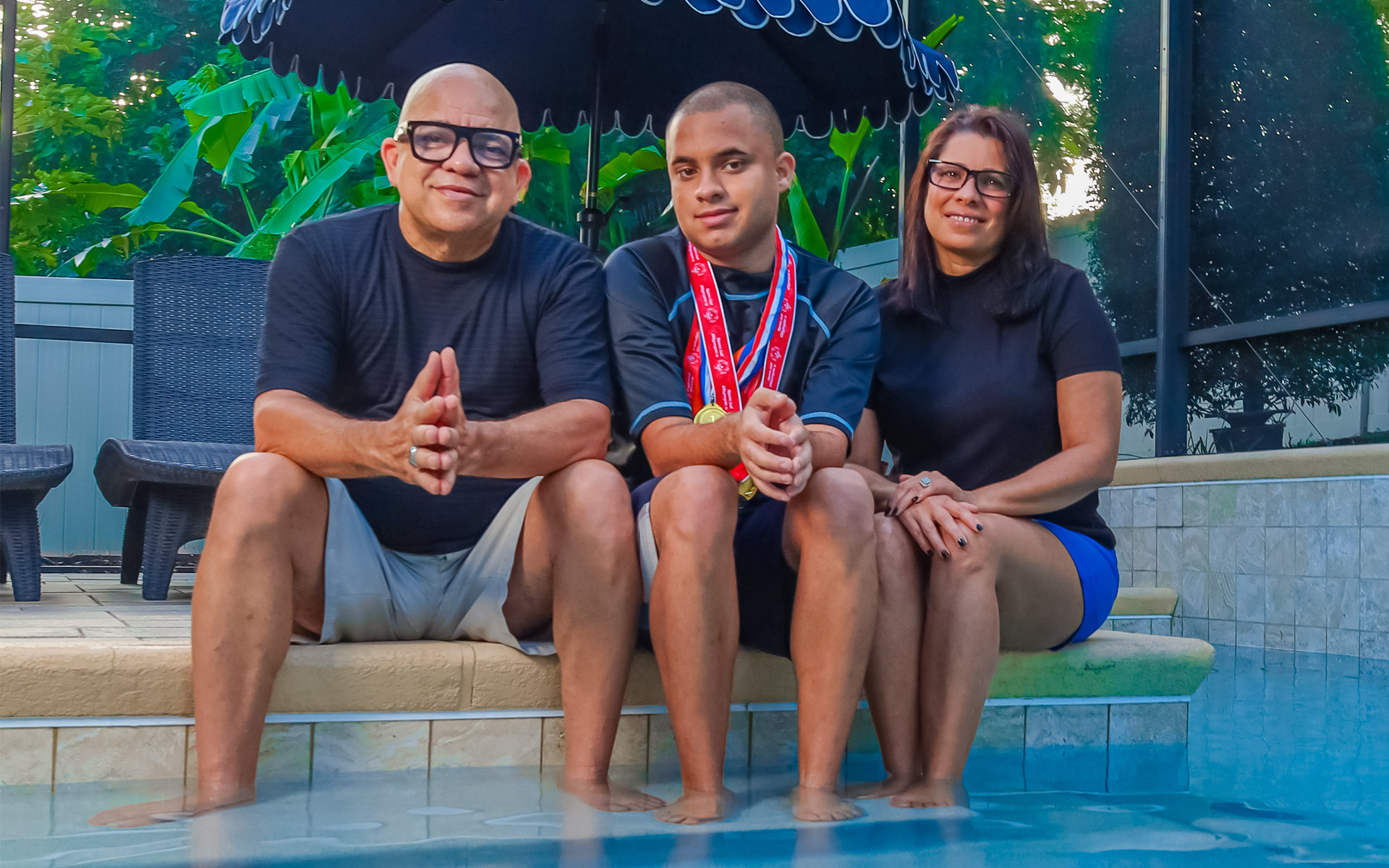
Henry, Victor & Mimi Wright proudly recasting the neurodivergent narrative. In Winter Garden, we’re all Team Victor.
Joy, in the Wright household, has always come with a splash. It looks like Victor, a 22-year-old brown-eyed young man, slipping into the pool at Rosen Aquatic Center and surfacing with a grin wide enough to catch the light. It sounds like the cheer of teammates when he touches the wall first. It feels like the weight of a medal—sometimes gold, sometimes another shade—but always joy, pressed into his palm.
There are so many medals that Henry and Mimi have stopped counting. “At least 50,” Henry says, though his smile admits it’s closer to 100. But numbers don’t explain why half of Winter Garden knows Victor by name, or why Mayor John Rees once honored him with an award at City Hall. The real story is less about hardware and more about heart. Because Victor has a way of turning ordinary moments into extraordinary ones, of making everyone around him see the small victories that matter most.
Walk downtown with him and you’ll see. Shopkeepers wave, strangers call out, “Hey Victor!” Henry jokes, “Nobody recognizes me, but everyone recognizes Victor.” During the pandemic, when birthdays became drive-by parades, Victor’s was the loudest on the block—police cruisers, fire trucks, a caravan of neighbors, even the mayor himself. The town made sure Victor felt celebrated, even from six feet apart.
That is the paradox of his life: he is visible, cheered loudly in moments when many young adults like him—with autism and high-functioning—fade into the background. Yet what he longs for most— and what Henry and Mimi pray for— are the quieter things medals can’t give him: steady friendships, meaningful work, a future that doesn’t evaporate when the tassel turns.
High school could have been brutal, but Victor’s experience at West Orange High School was remarkable. Surrounded by friends on the football team who looked out for him and treated him just like everyone else, he was never bullied. He earned his place on the swim team through sheer effort and grit, not charity, and found a sense of belonging in that very normal, very extraordinary high school life. Those friendships, those moments of feeling fully seen and included, planted the seeds for the independence and confidence he carries now.
Swimming cracked open that possibility. At his very first practice he cramped up, stumbled off the block, and looked ready to quit. But his coach told Henry, “You can’t teach effort. Bring him back tomorrow.” So he returned. And then returned again. By the time his first race came around, Victor still hadn’t mastered the dive, but he made up for it in grit—catching two other swimmers before the finish. His teammates nearly toppled into the pool cheering, and from that day forward, joy fastened itself to his chest and refused to budge.
“In the pool,” Victor says simply, when asked where he is happiest.
But pools don’t fix loneliness, and Henry and Mimi knew it. After high school, opportunities shrank, social circles thinned, and bright young adults slipped into isolation. For 13 years, Henry and Mimi had lived that reality themselves—no help, no guide, not even much hope. Just two exhausted parents improvising therapies, programs, distractions, and prayers while the rest of the world kept moving. “We were on our own,” Henry says. “But our unwavering faith in God carried us through.”
Still,when Victor began to carve out independence, every step felt like water in a drought. A job at a local farm. Calling an Uber to get to practice. Standing on the podium at the Special Olympics. A friend’s number saved in his phone. Each one was joy for Victor, yes, but also oxygen for Henry and Mimi, proof that maybe they could grow old without fear that their son’s world would collapse without them.
That longing for connection is why Mimi launched Victor’s Hope Social Group. If the world didn’t offer friendship, she would build it herself. The first gathering was modest—nine members at Kat’s Café in New Smyrna Beach, a coffee shop and art space run by another family with a daughter on the spectrum. But joy multiplies in the presence of pizza, and now there are already plans for bowling nights and laughter stitched into new friendships—the kind of ordinary magic parents like Mimi and Henry had begged for over a decade. “Victor’s biggest wish is to make friends,” she says. “He’s not the only one.”

Meanwhile, Victor finds purpose at Special Hearts Farm, where joy comes with feathers and hay. He feeds turkeys, hauls buckets, even delivers Meals on Wheels. “I like talking to the people,” he says. The farm is growing, with new classrooms and plans for permanent housing on Avalon Road, and Victor’s eyes light up whenever the farm is mentioned. For him, it means meaningful work. For his parents, it means something even bigger: hope that when they’re no longer here, Victor will still have belonging and purpose.
Every parent of a child with disabilities carries that unspoken fear—what happens after us?—and the Wrights are daring to believe the answer might be community. Employers who see ability instead of disability. City leaders who treat inclusion not as charity, but as infrastructure. Friends who wave to Victor not out of pity but because he belongs.
If you ask Victor what joy is, though, he’ll skip the speeches and give you the essentials: dolphins at SeaWorld, Spider-Man at MegaCon, Epcot strolls, and candy tossed from a convertible during the Christmas parade. He’ll rattle off his friends’ names—Christian, Michael, Jaden, Miriam, Sophia, Alexis—like a litany. He’ll tell you how he sometimes lets his dad watch Marvel movies with him. “Sometimes,” he says, with a sideways grin that makes Henry roll his eyes and Mimi laugh.
For the Wrights, this is joy: a son whose life is full of medals and mischief, yes, but also a city that parades for him, a café that saves him a seat, a farm that gives him purpose, and friends who walk beside him. Joy, like water, finds a way. And in Winter Garden, it has found Victor Wright.
